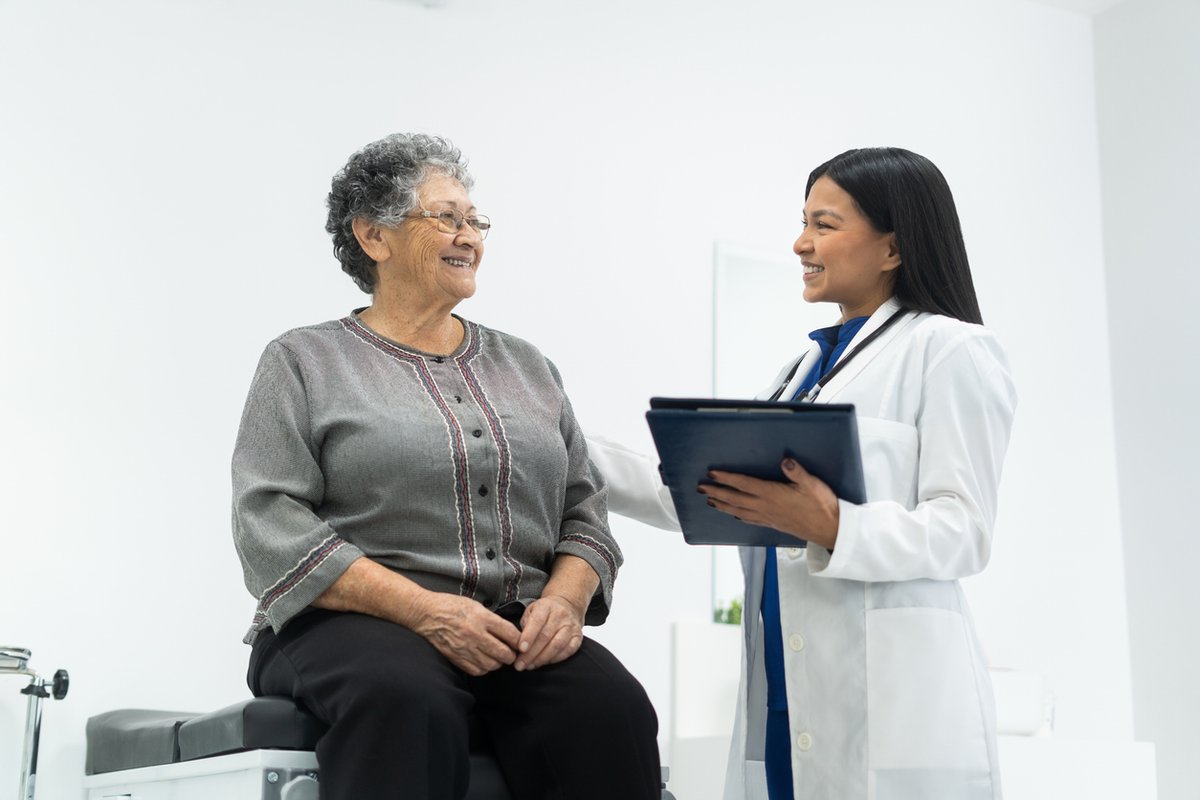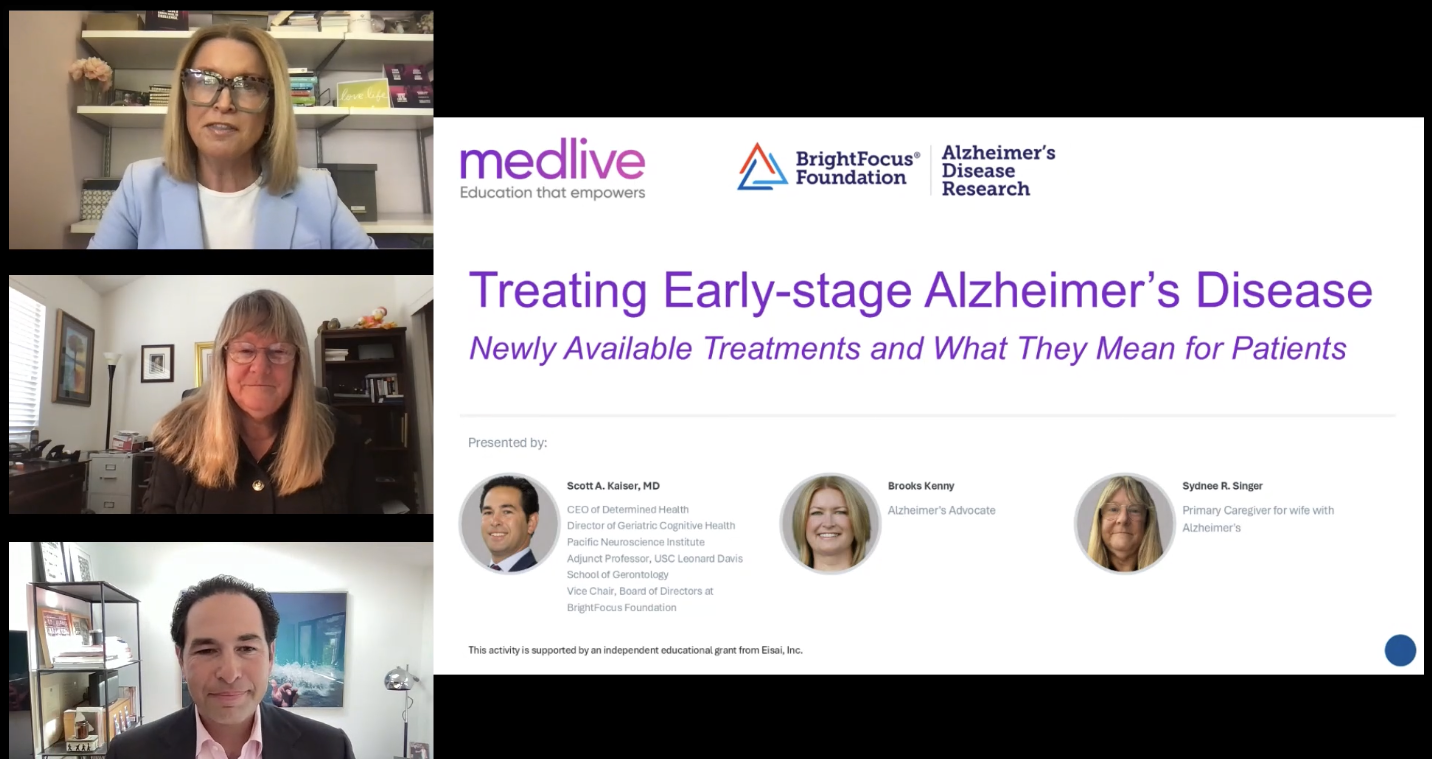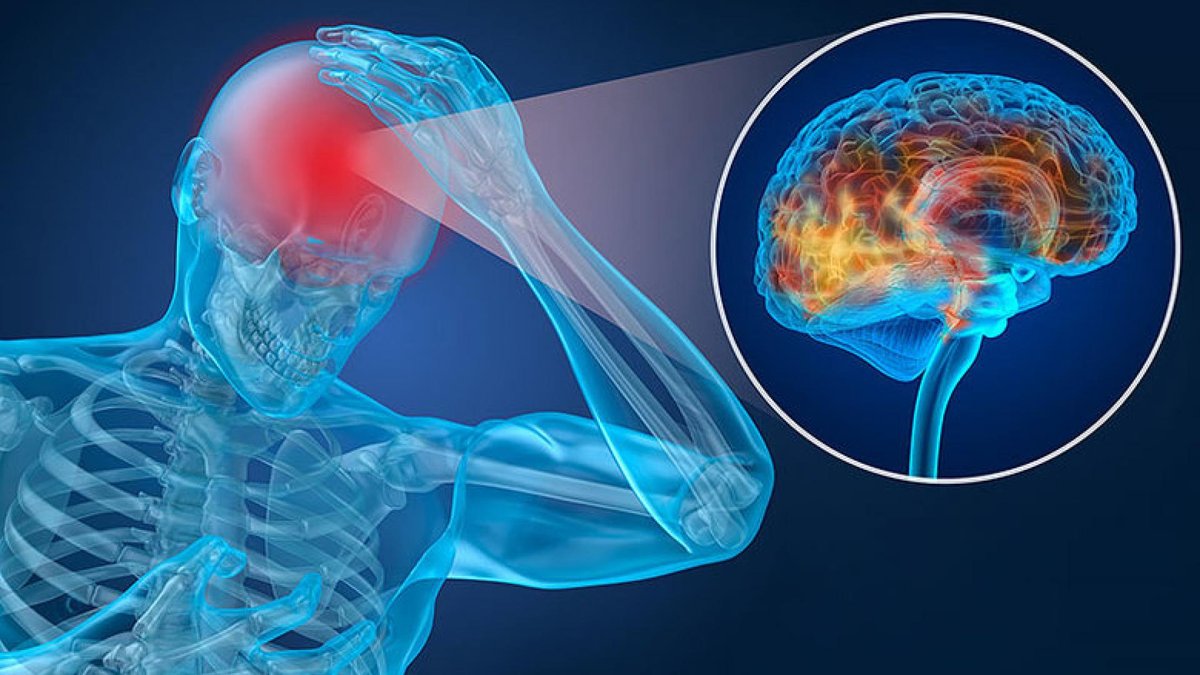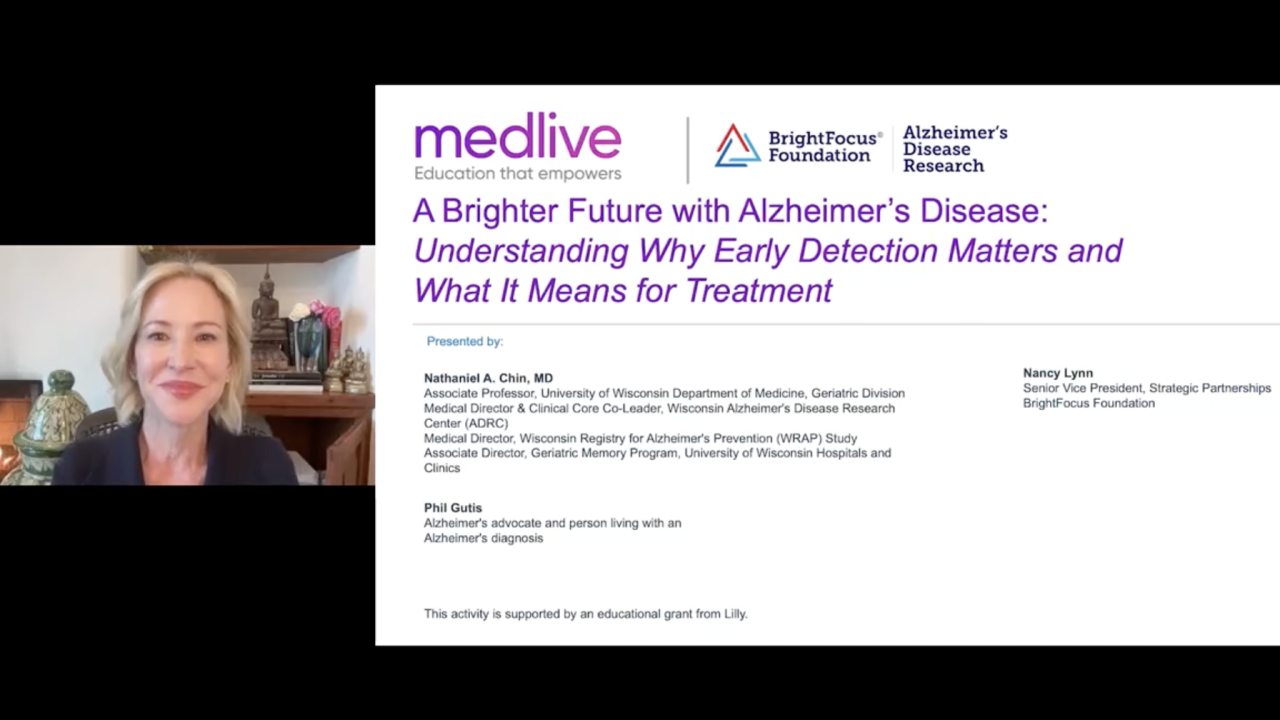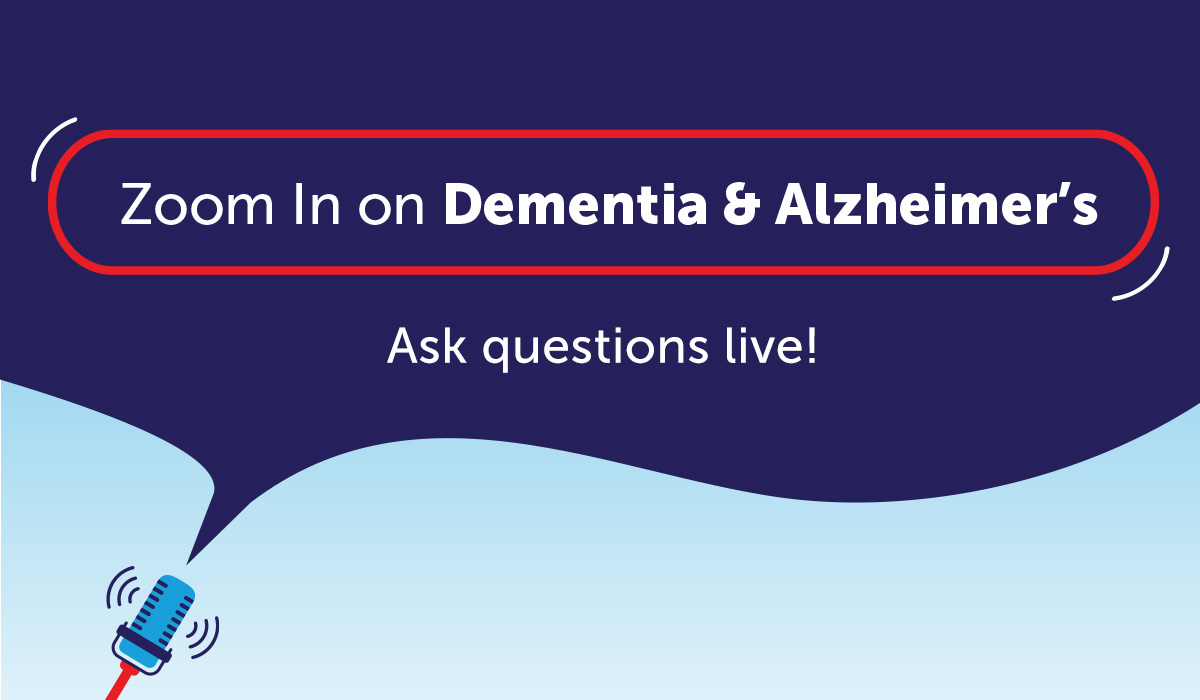
When your loved one is diagnosed with Alzheimer’s or another type of dementia, you may have concerns or discussions with family members about whether to inform them. Families may be torn about how to handle this. Would it be too distressing for your loved one?
Would it be better not to say anything? Does it make any difference – to inform them or to not inform them? Let’s look at the pros and cons of each approach.
Reasons why some may not inform a loved one about their Alzheimer’s diagnosis
Why might a family choose to not inform someone of their Alzheimer’s diagnosis?
- Knowing might set in motion a sense of hopelessness.
- Telling them might cause them emotional distress.
- Knowing about their diagnosis might cause them to feel like a burden on family.
- “Why bother?” “It may make no difference at all,” might be the family’s thinking.
- They may be at a point in the disease process where they just would not understand it.
Reasons to tell a loved one they have Alzheimer’s
Why would we tell a loved one they have Alzheimer’s?
- Whatever the diagnosis, they have a right to know. It is the honest thing to do.
- Your loved one may suspect something is wrong. Knowing may bring a sense of relief.
- Knowing allows a person with Alzheimer’s and his or her family to start putting long-term care plans in place. This might include advance care planning documents, identifying family or professional caregivers, and identifying community resources such as local memory care and adult day centers.
- New medications may be available that could help slow the progression of the disease.
All of these are valid reasons for informing or not informing a loved one of their Alzheimer’s diagnosis. If you do opt to explain the diagnosis, also consider how to explain it, so you give your loved one the support they need.
Supporting your loved one as they learn of their diagnosis
Without question, there are people with Alzheimer’s or other types of dementia who may be unaffected by the news of their diagnosis. They may be at a stage of the disease that leaves them too forgetful to retain the information or unable to understand it. However, in those situations where the diagnosis is being presented to someone capable of understanding, how might you best present the information and give support to them?
- Include your loved one’s physician in the conversation to explain the medical diagnosis and the options available for medical management.
- Tailor your explanation to your loved one’s level of understanding.
- Stay positive. Support your loved one by reminding them that you are going to do everything you can to support them through this illness.
- Choose appropriate terminology. An alternative to the labels of “Alzheimer’s disease” or “dementia” might be “cognitive changes.”
- Become an informed caregiver. Information is abundant through local and national organizations, including BrightFocus Foundation.
Looking down the road as a caregiver
If you are a new Alzheimer’s caregiver, you have a lot to consider. This diagnosis has affected you as well. Take the time to inform yourself about caregiver support options in your area. There are both online and in-person caregiver support groups. Check with local senior services agencies, your local Area Agency on Aging, and private agencies to learn what is available in your area.
About BrightFocus Foundation
BrightFocus Foundation is a premier global nonprofit funder of research to defeat Alzheimer’s, macular degeneration, and glaucoma. Through its flagship research programs — Alzheimer’s Disease Research, Macular Degeneration Research, and National Glaucoma Research— the Foundation has awarded nearly $300 million in groundbreaking research funding over the past 51 years and shares the latest research findings, expert information, and resources to empower the millions impacted by these devastating diseases. Learn more at brightfocus.org.
Disclaimer: The information provided here is a public service of BrightFocus Foundation and is not intended to constitute medical advice. Please consult your physician for personalized medical, dietary, and/or exercise advice. Any medications or supplements should only be taken under medical supervision. BrightFocus Foundation does not endorse any medical products or therapies.
- Lifestyle




